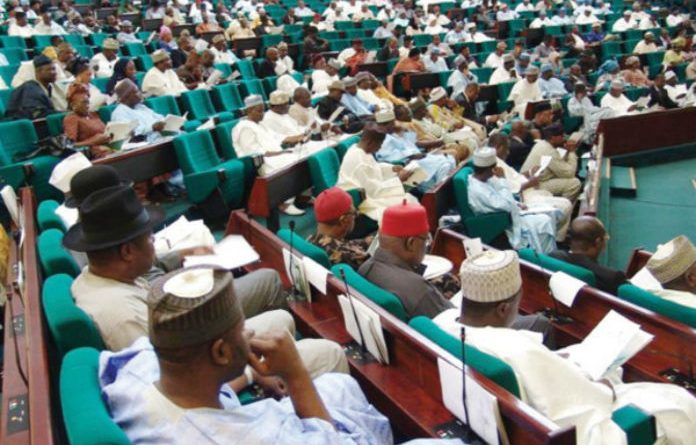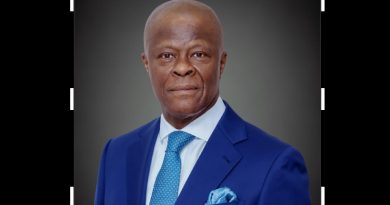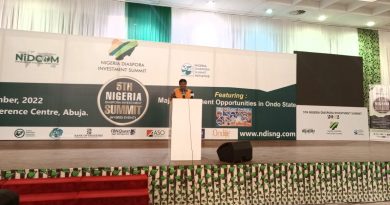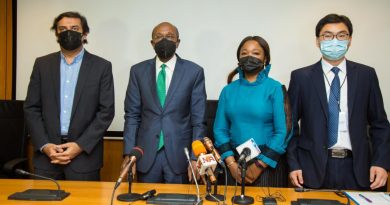Reps Move To Cushion Impact Of Rising Commodities Prices On Nigerians
Njideka Ozoalor
The House of Representatives Wednesday took steps to checkmate the skyrocketing prices of commodities, goods and services across the nation with a view to cushioning the impact on Nigerians.
The House therefore, resolved to launch an investigative hearing with all critical stakeholders in the country and carry out the root cause analysis on the rising cost of living.
It also agreed to initiate policies needed for addressing the skyrocketing prices of goods and services in the country; engagement with Captain of Industries, Trade Unions Associations, Board of Directors, Manufacturers Association of Nigeria (MAN) and stakeholders on ways to drastically reduce prices of goods and
Services in the country.
The Green Chember further resolved to evolve other strategies that can mitigate the effect of the current inflation in the country and mandated the Committee on Legislative Compliance to ensure compliance.
These resolutions were sequel to the adoption at plenary of a motion of urgent puplic importance sponsored by
Ibrahim Isiaka from ogun state.
Moving the motion, Isiaka said the prices of good items, commodities, good and services have skyrocketed by as much as 100 per cent in many parts of Nigeria in the last one year due to monetary policy, boarder closures, COVID- 19 containment measures and insecurity.
He said: “Price index in the past months has increased astronomically owing to many controllable and uncontrollable factors with inflation at a 48-month high, posing the challenge for increased spending on housing, shelter, medicals, clothes, baby food and even cooking gas, because our nation’s local production stills short of our demand, minding the population, climate change, and hunger, a major future issue looms if, immediate remedical action is not taken care off soon, by this House.
“The world Bank’s Report that, Nigeria’s economy contracted by -1.8 % in 2020, lower than the -3.2% loss the organization had predicted at the beginning of the pandemic.
Unfortunately, this is still the lowest decline Nigeria’s economy has experienced since 1983. What does this mean for the average Nigerian?
“Not too farfetched, because Life has become increasingly difficult for many Nigerians, especially the low-income earners, unemployed youth, other vulnerable people, those on fixed incomes such as the pensioners and others”.
Isiaka expressed worry about all the problems bedeviling Nigeria’s economy and implored the House to properly manage the situation before it spreads out of control owing to the impacts on the cost of living, the cost of doing business, and every other facet of the economy.




